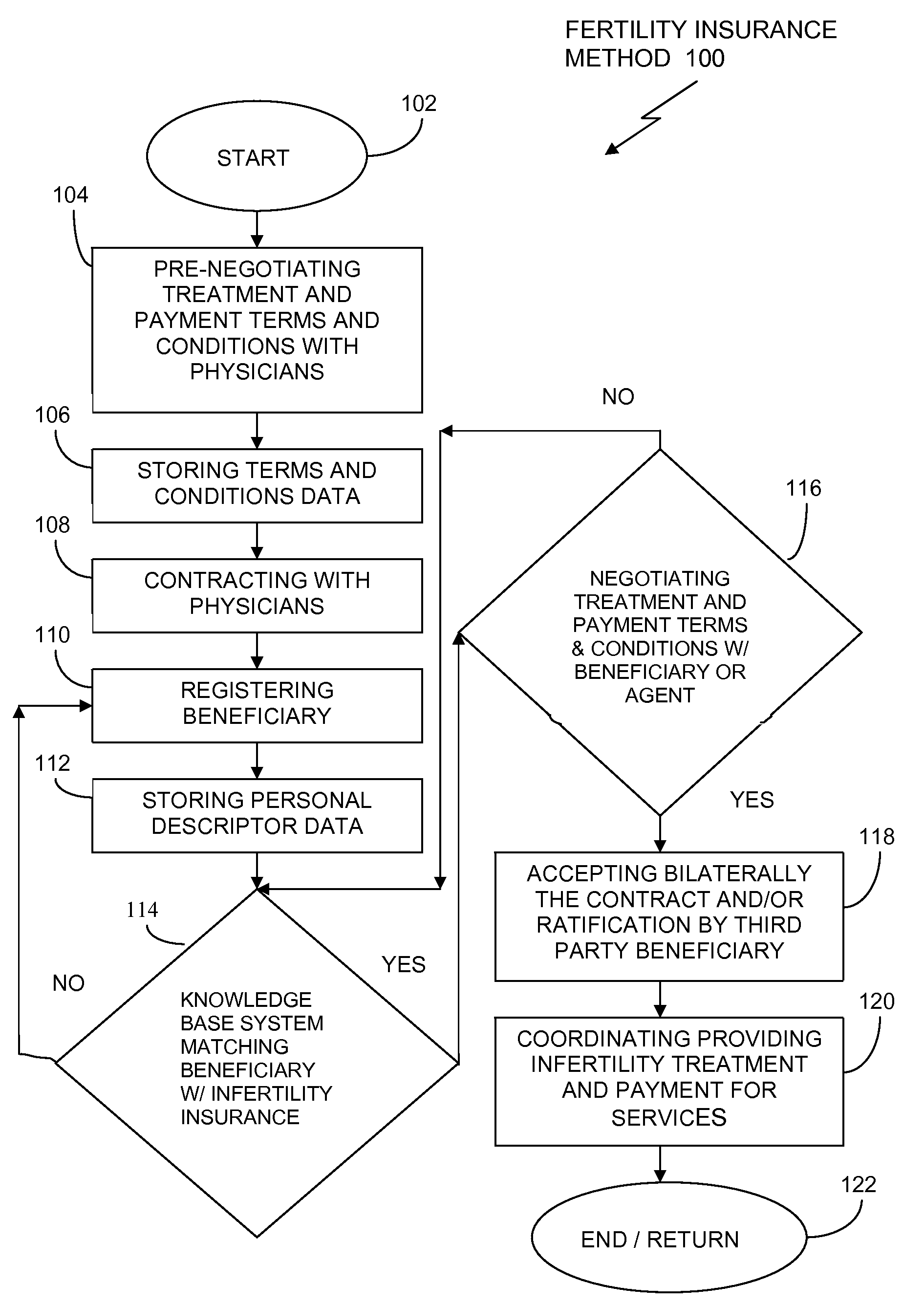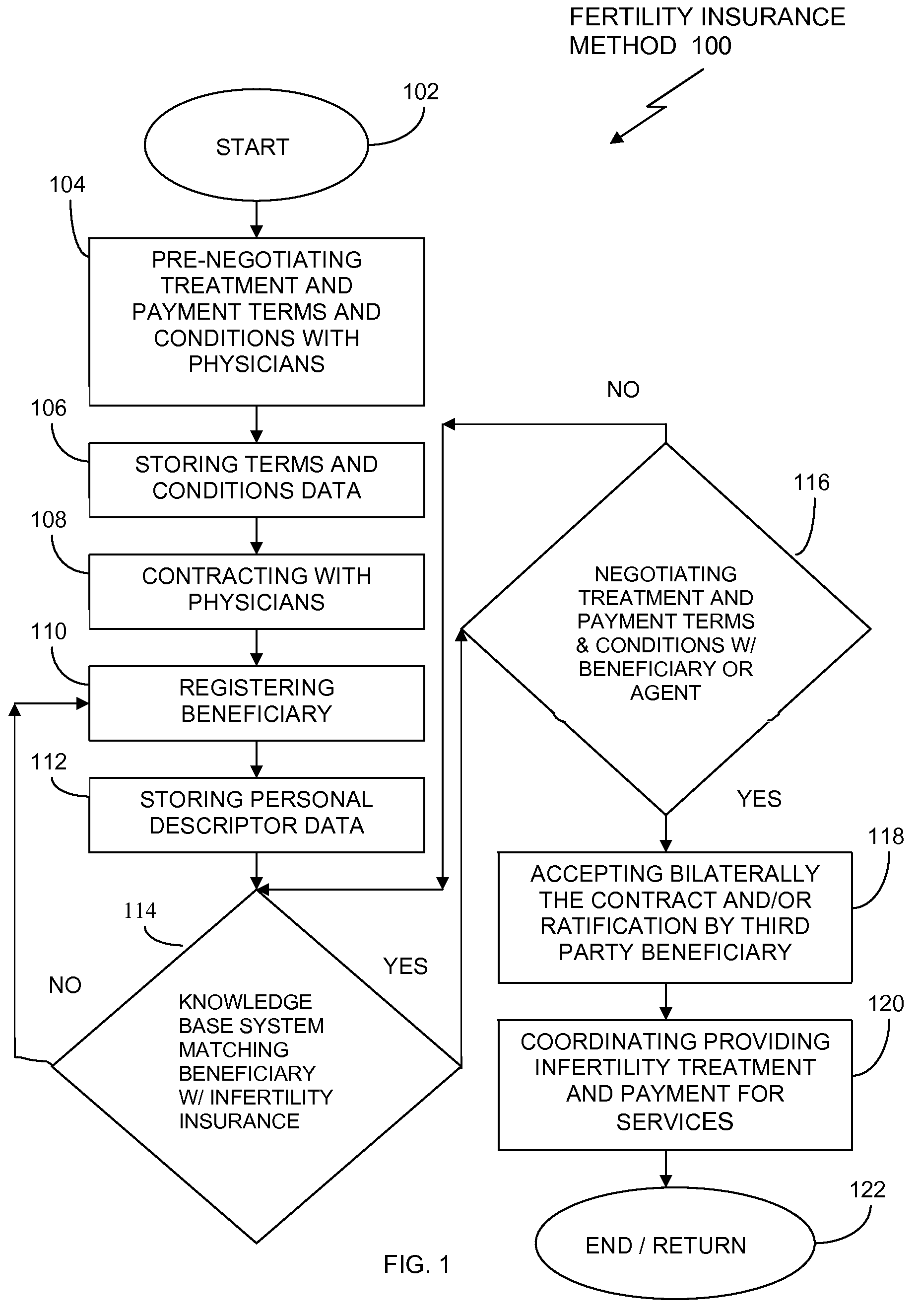Also, alternative life styles, i.e., same sex couples, offer a major challenge to options in fertility treatments, which are not currently well recognized or addressed.
Currently there are gaps in services available, in regard to egg cryopreservation.
However freezing of oocytes alone will not solve all of the potential future problems for these women.
Tubal inflammation may go unnoticed or cause pain and fever.
Tubal damage is the major risk factor of a pregnancy in which the fertilized egg is unable to make its way through the fallopian tube to implant in the uterus (ectopic pregnancy).
One episode of tubal infection may cause fertility difficulties.
The risk of ectopic pregnancy increases with each occurrence of tubal infection.
These implants respond to the hormonal cycle and grow, shed and bleed in sync with the lining of the uterus each month, which can lead to scarring and inflammation.
Occasionally they may cause infertility by blocking the fallopian tubes.
This scar tissue formation may impair fertility.
Thyroid problems: Disorders of the thyroid gland, either too much thyroid hormone (hyperthyroidism) or too little (hypothyroidism), can interrupt the menstrual cycle and cause infertility.
Certain cancers particularly female reproductive cancers often severely impair female fertility.
Chemotherapy may impair reproductive function and fertility in men and women.
Excessive caffeine consumption reduces fertility in the female.
CAUSES OF MALE INFERTILITY: A number of things can cause impaired sperm count or mobility, or impaired ability of the sperm to fertilize the egg.
The most common causes of male infertility include abnormal sperm production or function, impaired delivery of sperm, general health and lifestyle issues, and overexposure to certain environmental elements.
If the shape and structure (morphology) of the sperm are abnormal or the movement (motility) is impaired, sperm may not be able to reach or penetrate the egg.
Because the testicles are exposed to the higher internal body temperature, compared with the temperature in the scrotum, sperm production may be affected.
In the genetic defect Klinefelter's syndrome, a man has two X chromosomes and one Y chromosome instead of one X and one Y. This causes abnormal development of the testicles, resulting in low or absent sperm production and possibly low testosterone.
These infections can cause scarring and block sperm passage.
If mumps, a viral infection usually affecting young children, occurs after puberty, inflammation of the testicles can impair sperm production.
IMPAIRED DELIVERY OF SPERM: Problems with the delivery of sperm from the penis into the vagina can result in infertility.
Often treatable, problems with sexual intercourse or technique may affect fertility.
Difficulties with erection of the penis (erectile dysfunction), premature ejaculation, painful intercourse (dyspareunia), or psychological or relationship problems can contribute to infertility.
Use of lubricants such as oils or petroleum jelly can be toxic to sperm and impair fertility.
Presence of these antibodies may complicate the reversal of a vasectomy.
Emotional stress: Stress may interfere with certain hormones needed to produce sperm.
The sperm count may be affected by excessive or prolonged emotional stress.
A problem with fertility itself can sometimes become long term and discouraging, producing more stress.
Obesity: Increased body mass may be associated with fertility problems in men.
The closer radiation treatment is to the testicles, the higher the risk of infertility.
Alcohol and drugs: Alcohol or drug dependency can be associated with poor health and reduced fertility.
Anabolic steroids, for example, which are taken to stimulate muscle strength and growth, can cause the testicles to shrink and sperm production to decrease.
Pesticides and other chemicals: Herbicides and insecticides may cause female hormone-like effects in the male body and may be associated with reduced sperm production and testicular cancer.
Lead exposure may also cause infertility.
This may impair sperm production and lower sperm count.
Substance abuse: Use of cocaine or marijuana may temporarily reduce the number and quality of sperm.
Also, alternative life styles (same sex couples) offer a major challenge to options in infertility treatments that are currently not well recognized or addressed.
Fertility insurance coverage in most if not all of these states is limited in scope and does not encompass the full range of options available for infertility treatments.
These insurers are under heavy pressure to curtail and further reduce fertility coverage, treatments and benefits.
These State mandated insurers are for the most part limited and deficient.
The patient has not been able to achieve a successful pregnancy through any other less costly infertility treatment for which coverage is available under the policy.
However, the law does not require those insurers to provide the coverage; nor does it force employers to include it in their employee insurance plans.
However, the law does not require those insurers to provide the coverage; nor does it force employers to include it in their health plans.
It is evident from the above that of the fourteen states which require insurers to either cover, or offer to cover some form of infertility diagnosis and treatment, provide, for the most part limited and deficient benefits that will be exhausted in a short time, often with many restrictions and conditions attached.
In today's difficult environment, where tough choices must be made by medical insurers to provide maximum health benefits at a minimum cost, it is expected that even the limited and deficient infertility benefits available today will be further reduced and curtailed.
Some insurance companies currently assist in initial fertility evaluations of couples seeking to have children; these evaluations include: semen analysis, documentation of competent ovulation and documentation of tubal patency; however, such evaluations are costly.
In addition, the costs associated with infertility treatments are very expensive.
Few insurance companies provide insurance coverage and / or assistance for couples who contract with or who intend to contract with medical providers who perform the specialized medical procedures comprising infertility treatments either in the United States or outside of the jurisdiction of the United States.
Not only is the high cost of treating infertility prohibitive, but also the prohibitive nature of the costs generate significant stress for couples seeking infertility treatments; and this stress can cause relationships of some frustrated couples to end in separation and / or divorce.
There are no known comprehensive financial services and / or products that support or provide insurance coverage for all of the potentially required fertility diagnoses and infertility treatments and options.
 Login to View More
Login to View More  Login to View More
Login to View More 


